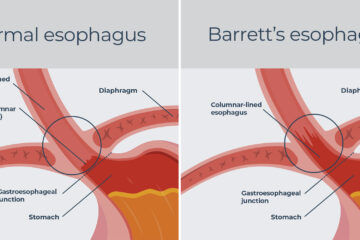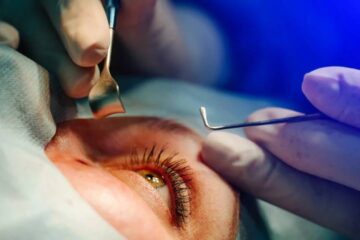
A new study conducted by Cornell University researchers confirms the link between some forms of autism and defects in mitochondrial DNA.
The study builds on previous scholarship linking mitochondrial functions with autism spectrum disorder by providing a larger sample size. Researchers compared mitochondrial DNA, or mtDNA, samples of autistic children from 903 families with their unaffected siblings and mothers, noting affected children had twice as many harmful mtDNA mutations compared to their brothers and sisters.
Mitochondrial DNA is inherited from the mother.
The findings were published in the journal PLOS Genetics.
“When we compared the inheritance between the mother and the children, we confirmed this particular pattern, which is the child with autism inherited more bad mutations than their siblings during the process of passing mitochondrial DNA from mother to children,” senior author Zhenglong Gu explained in a press release.
The mitochondrion is an organelle responsible for producing most of the energy within a cell. While the nucleus houses two copies of nuclear DNA, mitochondria carry hundreds of copies of mtDNA, which is known to mutate rapidly.
Researchers say their findings may help improve diagnosis and treatment for children living with autism spectrum disorder in addition to other neurodevelopmental ailments, and can even pave the way for correcting mitochondrial function.
“Does the mother have inflammation or diabetes, or is she obese? These things could make the process of cleaning up mutations less efficient. This could give us some insight into why autism is rising,” Gu added.
Cornell researchers say future projects will explore how environmental factors such as a mother’s diet and health affect mtDNA mutations in children.
[Source:-UPI]




